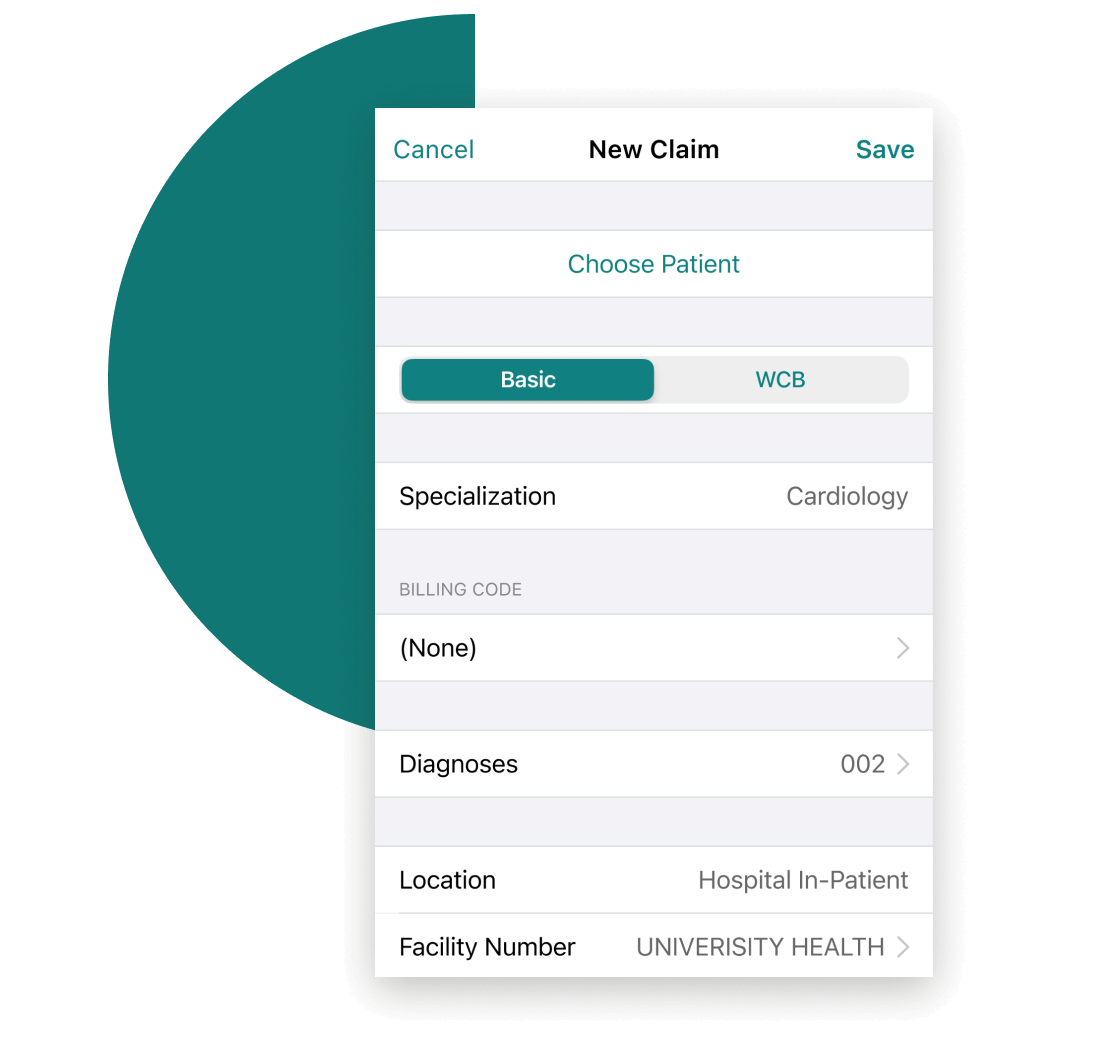Not only is physician retirement planning important from a financial perspective, it’s also important for ensuring you create a retirement lifestyle you actually enjoy. Everyone is different, and you might be surprised at how many paths there are to your retirement goals. Whether it’s finishing your career on a high note and relaxing on a beach, challenging yourself physically, or moving on to your next adventure, there are so many options to choose! So what do retired doctors do? Here are some of the most popular choices:
1. Relax in Your Dream Home
The most obvious route to retirement is also the simplest – relax! After a long and often stressful career, many physicians simply opt to leave the practice and spend more time with friends and family. Whether it’s the golf course or the beach, your retirement can be about finally getting some much needed downtime.
Of course, this route will also take some planning. It’s not as simple as choosing your favourite destination and thinking about whether you want to live there – you’ll also need to consider other factors, like the cost of housing, the number of other retirees, friends, or family members living in the same area, the options available for sports and leisure, and any weather concerns, like hurricane seasons or heavy winters.
While it might seem appealing to live somewhere warm, you’ll have many options to choose from – will you go down to the southern US? Vancouver? Somewhere more tropical? Many travel options can offer you ‘eternal summer’ but not all of them are going to suit your retirement needs, so physician retirement planning will be essential to get it right.
The first thing to look into is the budget – make a shortlist of your favourite vacation spots, and do some research into the cost of living. Make sure to remember options like AirBnBs or long term rentals, as these will typically be cheaper than hotels or resorts. That being said, your safety is important as well and while living where the locals do is a great way to save costs, it might not be the safest option depending on the area. The best thing to do is consult with as many experts as you can before you start confirming any details. Real estate and travel agents will have more information on these options you can use to make your decision.
Consulting a professional might also help you to see retirement destinations that are less typical. Places like Spain, Portugal, and Costa Rica are both inexpensive and beautiful. If you’re considering a move somewhere abroad, you should also consider whether or not you’ll be close to your friends and family members. As a physician, you are likely used to being a pillar for your community and patients. Suddenly relocating to somewhere far away – even if it’s your dream lifestyle – could cause unexpected loneliness and isolation. Think realistically about whether or not you’ll be able to live without your community around you before you go.
2. Learn New Hobbies
For many physicians who have spent most of their lives navigating a challenging, rewarding, and often stressful career, the thought of doing nothing but relax is simply unrealistic. Physician retirement planning for these doctors will have more to do with what activities and passions they’ll pursue than how much time they’ll be able to spend relaxing. Even if they’re retiring from the medical field, many physicians choose to put their formidable determination and work ethic towards learning something new – and the sky is the limit! Have you ever wanted to learn to ski? Golf? Play a sport? Now is the time to try!
So what do retired doctors do for fun? Since connecting with patients and other doctors is a key part of their former occupation, many retired physicians choose hobbies or skills where you need not only discipline but the ability to connect with others, like music, writing, painting, or golf. Or if you’re concerned with keeping your cognitive strength up, hobbies like needlework, boating, fishing, or sports will keep your motor skills strong!
Physicians are often disciplined, determined, and hardworking – so whichever pursuit you choose to spend your days doing, think about taking it to the next level. Whether it’s playing in an orchestra or parasailing, retirement will give you the chance to devote more time to specific pursuits than you would otherwise have had while working. This means activities or passions that might have been only an occasional hobby before can now be pursued with vigor! Many physicians even choose to begin teaching in areas they enjoy, like tennis or music.
When planning on the activities that will fill your days, remember to not only think about what you enjoy, but also what will help you to stay consistent with the skills you’ve developed over your years in medicine. Keeping your mind sharp and engaged, and your lifestyle filled with friends, family, and fun, is going to be key to enjoying the years you have to spend in retirement!
3. Work Part Time
A recent study of Canadian doctors showed that while they are financially prepared for retirement, their main delay in doing so is out of concern for their community and their patients. Fortunately, there are many ways for physicians to either delay retirement or continue their medical career in a more relaxed capacity.
If you have not yet retired and work in an existing practice, one option for you might be cutting your hours back to enjoy a gradually reduced workweek. Many doctors use this method to ‘phase in’ their retirement and spend more time with their families when they’re not quite ready to give up practice. If you’ve been out of practice for a few years, or if you’re simply looking to try something new, there are many jobs for retired physicians that don’t require too much of your time. Check out your local locum boards for opportunities, connect with other doctors, and keep an eye out for options that interest you. As a retired physician, you’ll have skills that are highly in demand, whether in the medical field or elsewhere in the job market, and retirement can give you a freedom you might have been missing at other times in your career.
Within medicine, you can take a locum position either locally or abroad, work part time at a new clinic, teach courses for younger doctors, or participate in mentorship programs through your university or medical school. There are also many options in fields outside of medicine for retired doctors. Jobs for retired physicians include sitting on boards, getting involved in business ventures, providing expert advice on health topics, or using your medical skills to educate on important topics.
When it comes to jobs for retired physicians, the sky is the limit! Don’t be afraid to put yourself out there into something new and exciting – healthcare is part of so many aspects of life, so there are plenty of ways for retired physicians to use their expertise in new and exciting ways. Many retired doctors choose to bring this knowledge to areas like healthcare administration, where they can work to bring change into their profession from a bureaucratic level.
4. Travel
If relaxing on a beach isn’t in your plans but travelling is, you might want to centre your retirement years around seeing the world. This is easier than you think – there are even many locum roles for doctors who want to work internationally, which means your travel could end up being free! Even if you’re not working for income, retired doctors are still eligible to volunteer for organizations like Doctors of the World, where you can use your passion for travel to make a difference.
If you’d rather travel without work, don’t worry – there are also plenty of retirement options for doctors who want to explore. A 2018 study of retiring doctors in Canada showed that most were financially ready for retirement as much as a decade before they planned on doing so, which leaves plenty of room in your budget for seeing the world. Start by doing some research, involving a travel agent, or asking friends and family who enjoy travel about some experiences and parts of the world that interest you. Make a list of all the places on your bucket list to visit, and take your time in finding ways to explore them – after all, you’ll have plenty of time!
While many people think of retirement as years to spend relaxing on the beach and playing golf, your medical career has likely given your life joy, meaning and challenge. Whether you’re hanging up your stethoscope for good or just taking things part time, enjoying your retirement will depend on filling your time with the activities that have the most meaning to you. You’ve spent your career giving back to your patients and your community – now it’s time to celebrate this next phase of your life!
This article offers general information only and is not intended as legal, financial or other professional advice. A professional advisor should be consulted regarding your specific situation. While information presented is believed to be factual and current, its accuracy is not guaranteed and it should not be regarded as a complete analysis of the subjects discussed. All expressions of opinion reflect the judgment of the author(s) as of the date of publication and are subject to change. No endorsement of any third parties or their advice, opinions, information, products or services is expressly given or implied by RBC Ventures Inc. or its affiliates.

Solutions Designed For The Unique Needs Of Your Practice
Get a $150 Credit when you sign up for Dr.Bill*. No credit card required.







